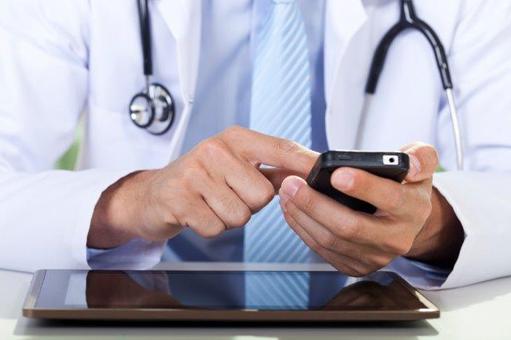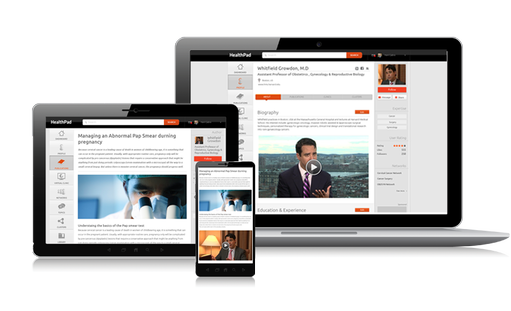|
"The next ˜big thing" in healthcare . . . . is IT, which will dramatically change the way health professionals interact with patients. Every step of a patient's care will be determined by protocols on a hand-held device. This will make healthcare safer and shift many hospital activities into the home," says Dr Devi Shetty, world-renowned heart surgeon, founder and chairman of Narayana Health, India's largest multi-purpose hospital group and the person said to have, "the biggest impact on healthcare on the 21st century".
Shetty also warns that, "Despite the advantages of such technologies, the medical community is reluctant to accept them."
Although doctors and patients have iPads and smartphones and use social networks, the healthcare community, "fights like mad to resist change", and fails to embrace life-saving technologies, which would improve patient care and reduce costs. ld improve patient care and reduce costs.
Open systems
In 2012 UK Health Secretary Jeremy Hunt issued a Mandate that by 2015, modern communications technology would play a substantially bigger role in the UK's healthcare system. The NHS remains a near bankrupt, inward looking public monopoly driven by proprietary systems rather than customer needs.
|











